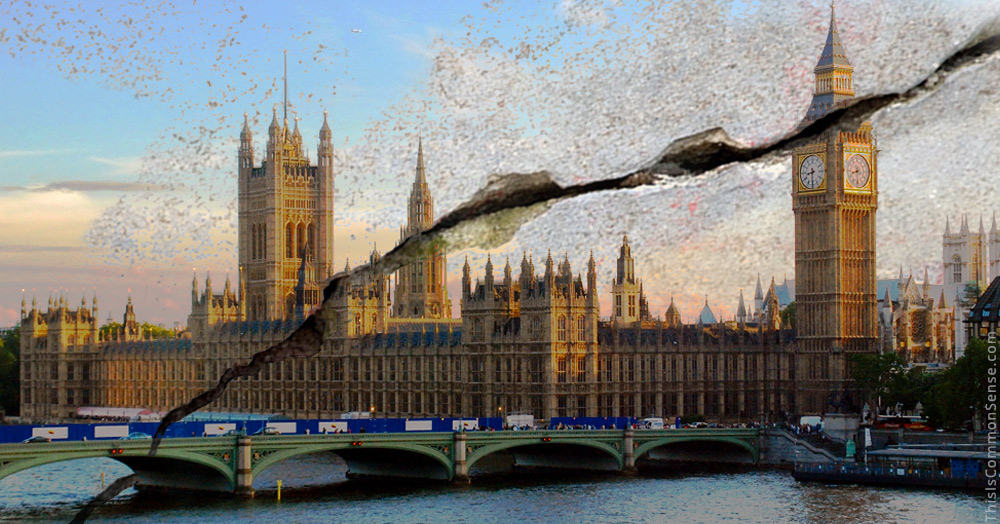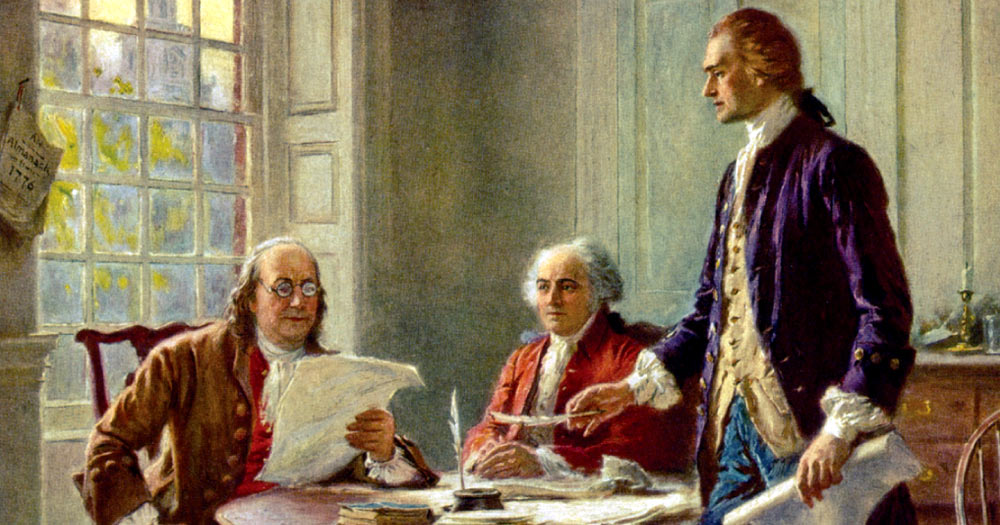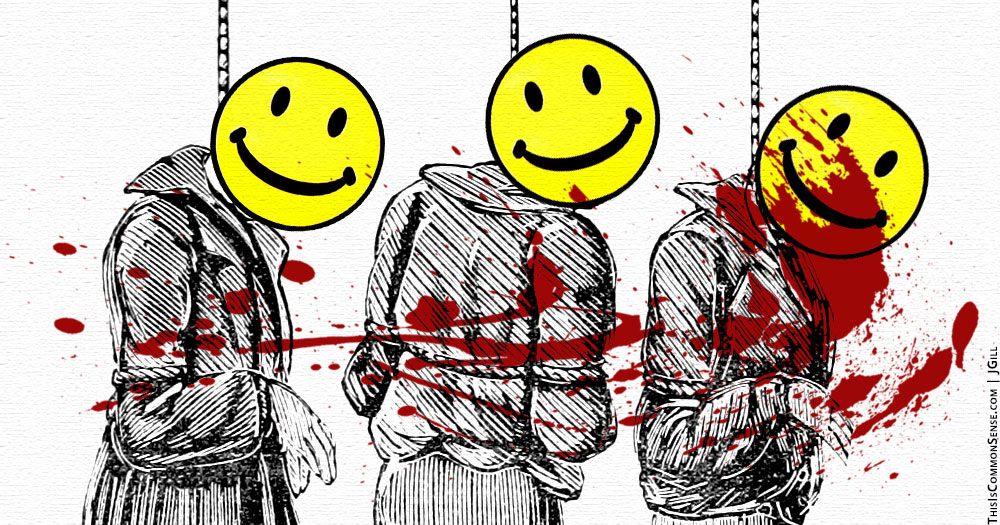British freedom is eroding. The attack comes from two directions.
First, there is the over-bearing police-state style, surveillance-everywhere government.
Second, there is the increasing violence.
Thing is, the justification for Britain’s mass surveillance, as well as for strict gun controls, was to prevent crime.
Oops.
So of course the Labour Party “shadow home secretary” Diane Abbott points an accusatory finger at porn and video games. These two influences may be “desensitising young people to vicious behaviour.”
Well, porn and video games are changing our cultures, on both sides of the pond. But in America, at least, the crime rate for the past two decades plumetted while video games and Internet porn have become ubiquitous, explicit and . . . admittedly, appalling.
Look elsewhere for the crime uptick.
The Brexit fiasco, with the Tory government messing up implementation of the 2016 referendum results, has surely increased, not decreased, tensions all around, as has immigration policy, the collapsing National Health system, and much more. But worst of all? The nanny state, treating citizens as childish subjects. The police arrest people for nothing more than saying mean or just edgy things online.
If people cannot be free legally, they will take license — illegally.
Previously, we heard about a rash of acid attacks: acid thrown in the faces of pedestrians. More recently, the headlines are about stabbings — after years of knife control, of government crackdowns on even kitchen knives.
Ms. Abbott places the primary blame for rising crime not on the above, however, but on poverty and malfunctioning education. Not mentioned? The possibility that taking away British citizens’ rights of self-defense may have the perverse (unintended?) consequence of increasing offensive violence.
This is Common Sense. I’m Paul Jacob.

—
See all recent commentary
(simplified and organized)





